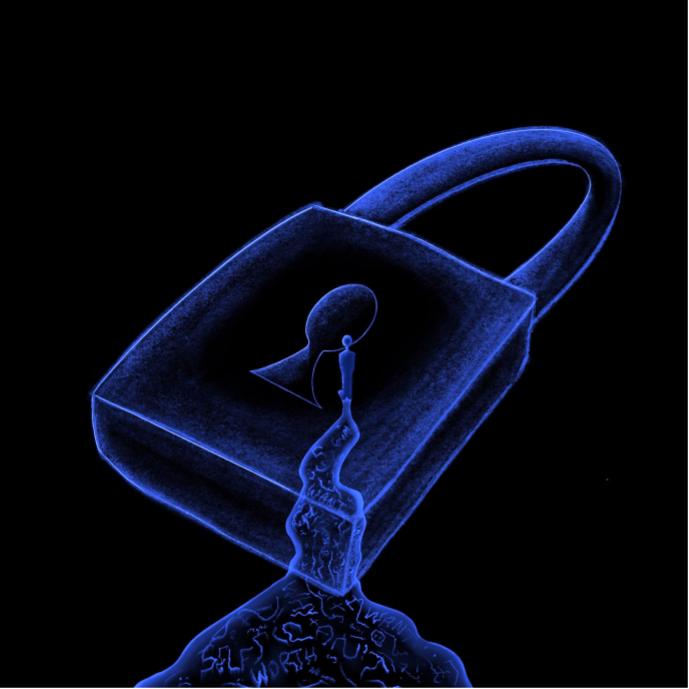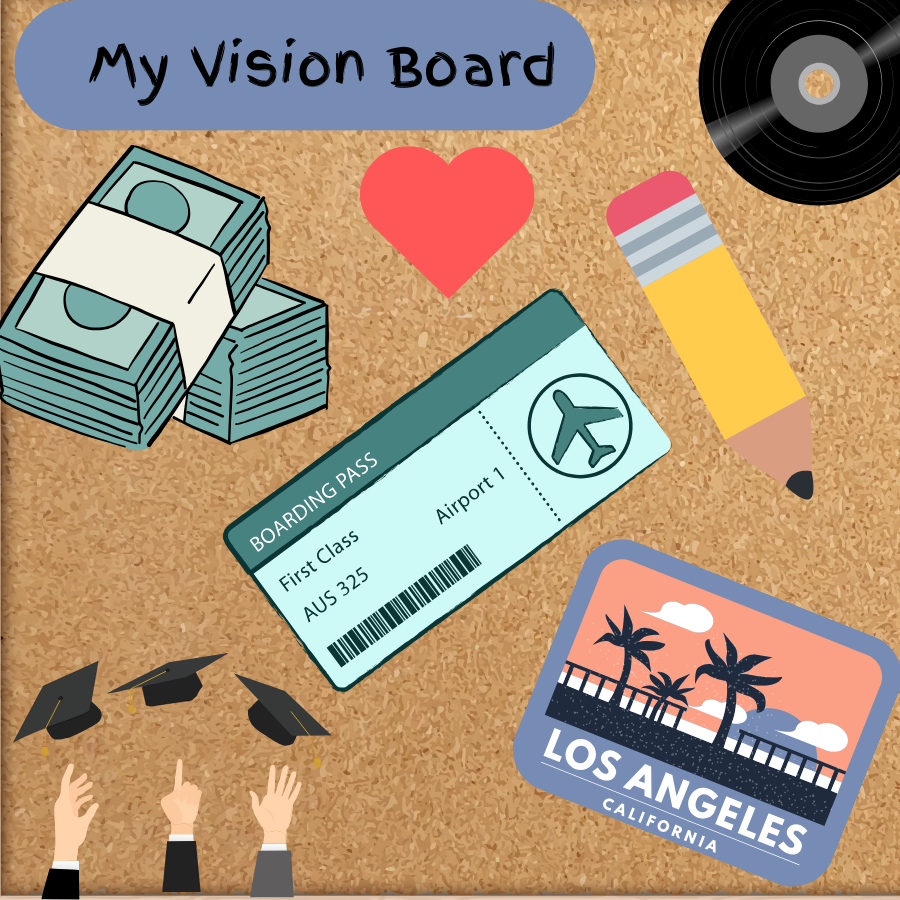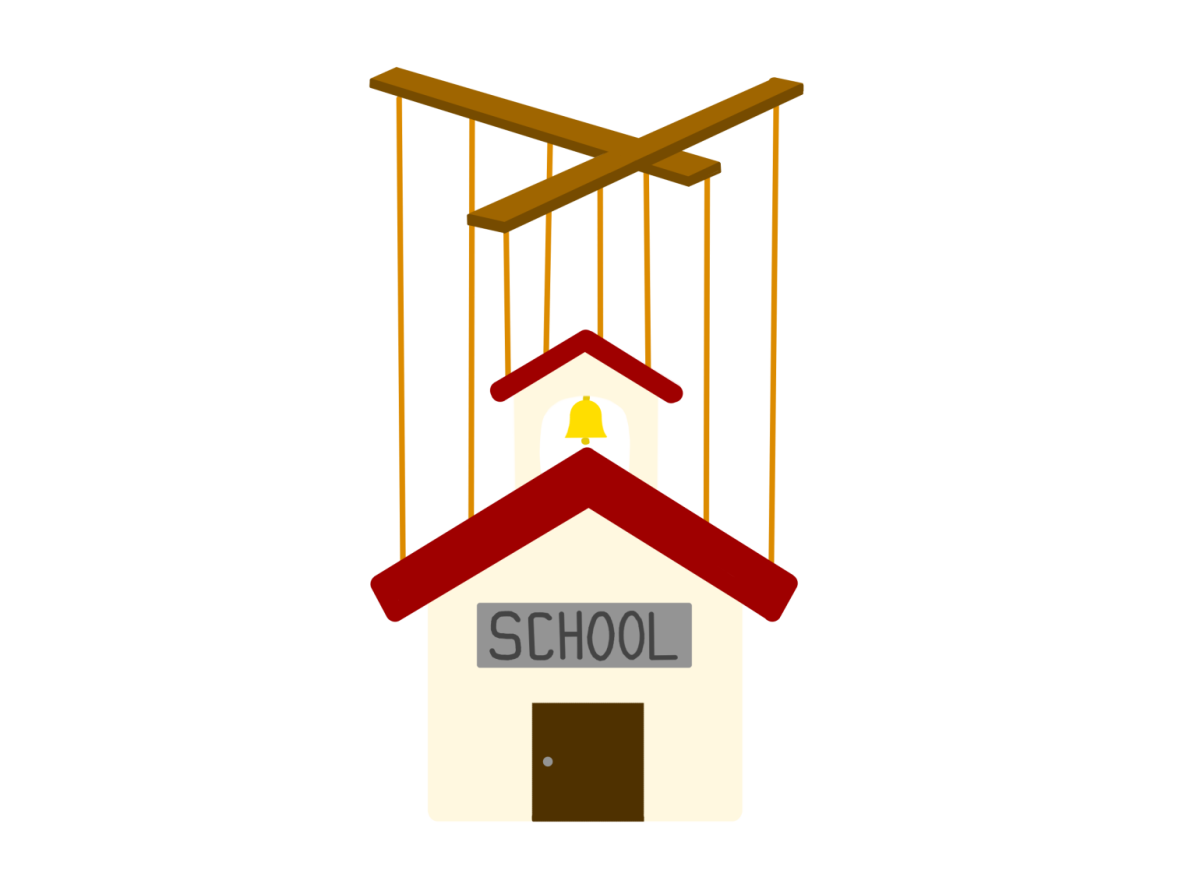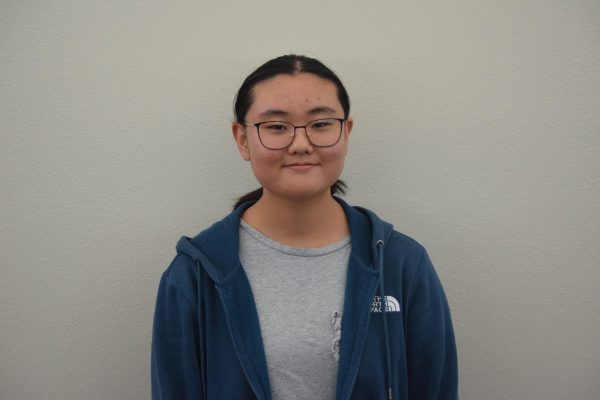Sophomore year, I was taken to the counselor’s office by a teacher after my first anxiety attack. It was there I spoke to a random counselor who was available during the time, who helped comfort me and allowed me to spill all my suppressed emotions.
I was relieved when I asked if she would keep my visit confidential from my parents and she said yes. The relief felt like boulders rolling off my back, all fibers in my body that were restricted, released all its tension. I felt like I could breathe again.
During this counselor visit, everything was going down for me. I had recently learned about a friend’s death, had my first anxiety attack at school, and my grades were plummeting.
The rest of that day was going better after I had that talk with that counselor. But once I got home, my parents asked the question that shattered my soul: “Why did I get a call from the counselors office?”
That very call shattered my trust in counselors and worsened my relationship with my parents.
Tension built up inside my household, and my parents didn’t believe in everything I said. Privacy is no longer a thing inside my home, they check for everything now, my history, the phone, everything was checked.
I have talked to counselors before, and I’ve gained tips and habits for developing “good coping skills,” but also how to break through the bad habits. I used to become emotionally numb, appeal to the general public, and suppress my emotions. Those were the habits I gained throughout childhood.
I learned to realize my bad habits, and have been living through them. However, not everything is perfect. And this visit was one of those not-so-perfect moments. But one that should’ve been resolved, or at least lessened, by my counselor meeting, not amplified.
Kids should talk to the counselor, but it should not be like my experience.
Students want to feel safe, and their confidentiality is supposed to be protected by school staff and faculty. The state law, Education Code Section 49600, requires mandated reporters to consider any information given by a student when receiving counseling confidential.
The only time they are supposed to call home is when a student directly or indirectly says that you are going to harm yourself or others. If a counselor thinks that you will harm yourself or others they have to break that confidentiality as by law. Yes, we need to protect kids, but sharing all their secrets is not protecting them. If a student whose parents don’t trust the validity of their mental health situation is put in a situation like the one I was in, everything gets dangerous.
Even though I had some backlash, the event could have escalated to a worse one. I’ve had friends who have talked to their parents about mental health and they received not just physical but verbal abuse from their parents.
Change is needed, or students might stop sharing with their counselors. Even if you see a child coming into the office, how do you know if they trust you enough to tell everything?
We need to more clearly define where and when counselors have the right to call home and talk to parents; it should only be happening when students are at risk of harming themselves or others.








